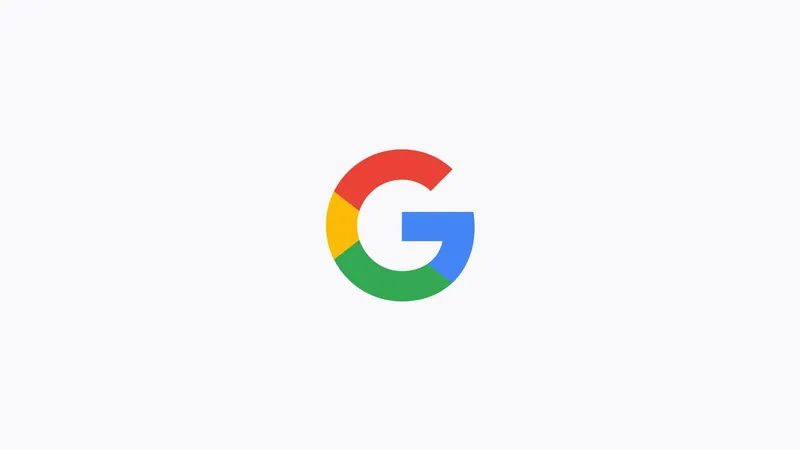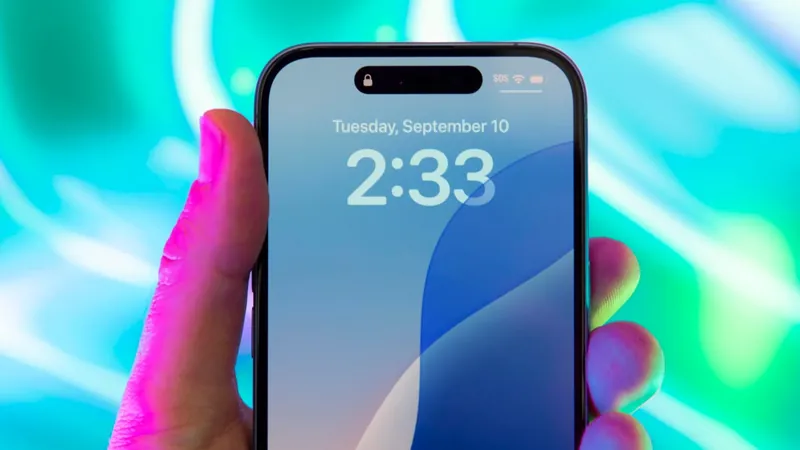
Google Appeals Ruling to Protect Android Users and Developers from Unintended Consequences
2024-10-07
Author: Michael
In a significant turn of events today, the court overseeing the ongoing legal battle between Google and Epic Games has mandated changes to the Android operating system and Google Play, primarily at the behest of Epic Games. Google has been vocal in its opposition, claiming that these mandated changes pose serious risks to consumers’ privacy and security, hinder developers' promotional efforts, and diminish overall competition among devices.
This judicial outcome appears paradoxical, particularly as Epic’s claims were previously dismissed in a separate case against Apple. While Apple operates a closed system with iOS, Android is renowned for its open platform that encourages choice, flexibility, and options like multiple app stores and sideloading.
As a response, Google is appealing the recent ruling and will seek to pause Epic's requested modifications while the appeal is underway. The tech giant's arguments will highlight multiple critical points:
1. Market Competition Between Android and iOS
The current ruling wrongly categorizes Android as a distinct market. In reality, Android and iOS are fierce competitors, both vying for the same consumer base. A stroll through any electronics store reveals an array of Android devices from manufacturers like Samsung and Motorola situated alongside Apple’s iPhone, emphasizing that consumers make choices based on a variety of factors including price, quality, and security.
2. Developer Resource Allocation
The decision disregards a fundamental truth acknowledged by developers globally: the need to allocate resources efficiently between iOS and Android. Developers face finite resources, compelling them to choose where to focus their time and investment. Google actively supports developers aiming to bring their best features to Android by providing tools and training while, naturally, Apple does the same to attract developers to iOS.
3. Diverse Distribution Channels in Android
The ruling overlooks Android's flexibility. Unlike the rigid structure of iOS, Android allows developers to distribute apps through multiple channels. Most Android devices are equipped with various app stores out of the box, and developers can also reach users directly via their websites. Epic Games itself has remarkably offered its popular Fortnite app through alternative means like the Samsung Galaxy Store and sideloading, entirely bypassing Google Play in the process—something that developers on iOS can only dream of.
Moreover, Android's open nature has historically contributed to greater choice and reduced costs for consumers, leading to broader access to smartphones and applications. The risks posed by the latest ruling and the subsequent Epic-requested adjustments threaten to undermine this competitive edge that Android has maintained over Apple’s iOS.
Google is committed to fighting this decision and will continue advocating for the best interests of developers, device manufacturers, and the billions of Android users worldwide. As this case continues to evolve, the ramifications for the tech industry and mobile consumers hang in the balance. Stay tuned as we follow this crucial legal battle that could reshape the future of app distribution and competition in the mobile landscape!









 Brasil (PT)
Brasil (PT)
 Canada (EN)
Canada (EN)
 Chile (ES)
Chile (ES)
 España (ES)
España (ES)
 France (FR)
France (FR)
 Hong Kong (EN)
Hong Kong (EN)
 Italia (IT)
Italia (IT)
 日本 (JA)
日本 (JA)
 Magyarország (HU)
Magyarország (HU)
 Norge (NO)
Norge (NO)
 Polska (PL)
Polska (PL)
 Schweiz (DE)
Schweiz (DE)
 Singapore (EN)
Singapore (EN)
 Sverige (SV)
Sverige (SV)
 Suomi (FI)
Suomi (FI)
 Türkiye (TR)
Türkiye (TR)